 Search
Search

TWESH MISHRA
Higher prices The safeguard duty may drive up domestic solar power tariffs as a bulk of the projects are already under implementation - REUTERS
Domestic manufacturers happy, but power producers and SEZ units worried
NEW DELHI, JULY 17
The proposed 25 per cent safeguard duty on solar cells and modules from China and Malaysia has come as a relief for domestic manufacturers struggling to cope with a deluge of cheap imports.
However, the decision has irked solar cell players within the Special Economic Zones whose domestic sales, too, would attract the penal duties. It will also affect those solar power producers which are dependent on imports.
The duty, recommended by the Directorate-General of Trade Remedies, will apply for two years in total to imports from China and Malaysia.
While in the first year it would be 25 per cent, it would subsequently get reduced to 20 per cent in the second year for the first six months and 15 per cent in the next six months.
About 85-90 per cent of the solar modules used in India are imported from China and Malaysia. The proposed duty is less than the 70 per cent recommended by the authorities in January.
‘Boon and bane’
According to research body Crisil, the safeguard duty is both a boon and a bane for the solar value chain. “The boon is the opportunity it provides to the domestic module industry to flourish. The bane is that the duty could raise capital costs for solar projects based on imported modules by 15-20 per cent,” it said.
The safeguard duty may drive up domestic solar power tariffs as a bulk of the projects are already under implementation.
Crisil’s analysis shows that to maintain current returns, the minimum bid tariffs for solar power projects based on imported modules would need to rise to Rs. 2.9 – Rs.3.2 per unit for a duty rate of 25 per cent in the first year of imposition, compared with the Rs. 2.44 – Rs. 2.80 per unit bid tariffs seen over the past few quarters. Duty rates at 20 per cent and 15 per cent applicable in the second year would need slightly lower tariffs of Rs.2.8 – Rs.3.1 per unit for the same levels of equity IRR.
However, Puneet Singh Jaggi, Founder, Gensol Group, expects the global cues to mitigate the price fluctuations. He said, “Although, a 25 per cent safeguard duty seems extreme on the first look, with the nosedive in the cost of imported Chinese modules, this would largely be set-off. In fact, the developers’ returns won't change as their landed cost would still be similar to what was earlier and in any case, most of them have a pass through clause when it comes to safeguard duty in their PPA.”
He further added, “we don't expect much higher prices in the bidding either, so the discoms and the consumers' interests are protected. And lastly, domestic manufacturers would have a real shot at competing with imported modules with the safeguard duty.”
Units in SEZs
Products from units located in SEZs directed for consumption within India will not be exempt from the proposed safeguard duty on solar cells, Former Director General - Safeguards, Rajendra Gupta told BusinessLine.
“Solar cells produced in SEZ units would have to bear the safeguard duty, as if these were imported into India from outside. The cost of supplies from SEZ units, which are a substantial source of solar cells and modules would increase,” Gupta added.
In their representation to the Directorate-General of Trade Remedies, domestic manufacturers sought a 95 per cent safeguard duty on imported solar cells and modules. Since major solar cell and module manufacturers are located in SEZs, they had sought an exemption for the same.
Manufacturers in SEZs fear that the current duty may render their products unviable and want to be categorised as a domestic entity. “If the government wants to impose safeguard duties, it should exempt SEZs to DTA (Domestic Tariff Area)... otherwise it will lead to counterproductive results and destroy the domestic manufacturing industry which is already in bad shape,” Gyanesh Chaudhary, MD & CEO, Vikram Solar, said.
Alternatively, the government should come out with a specific exemption by restricting safeguard duties imposition to input costs (which is subject to duties of safeguard) for all SEZ to DTA clearance to accord equal protection to units in SEZ and DTA, Chaudhary added.
(with inputs from Amiti Sen)
Published on July 17, 2018
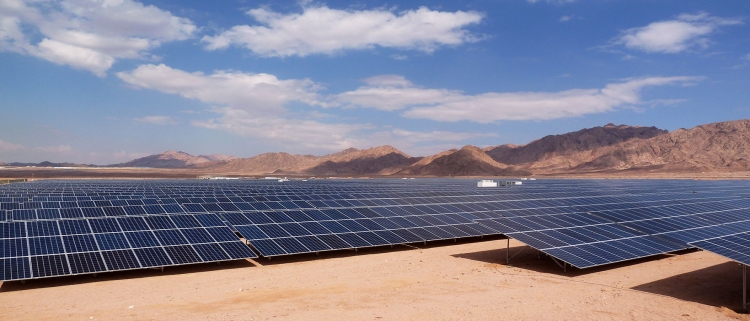
Consulting Services for 6 GW Solar PV Power Project in Riyadh Province, KSA Read More
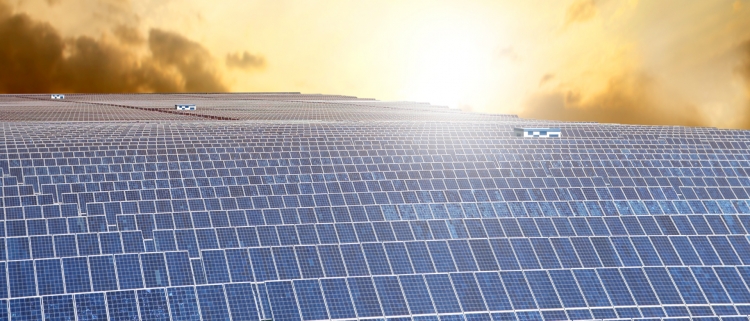
Read about Gensol's Solar Consulting Services for Majis at Sohar Port Read More
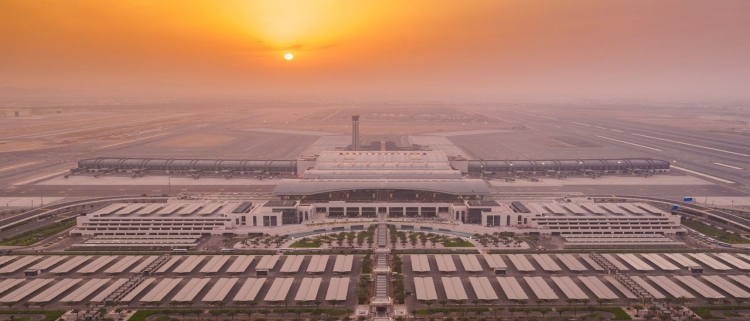
Read how Gensol as a project consultant solarized the International Airports at Oman Read More
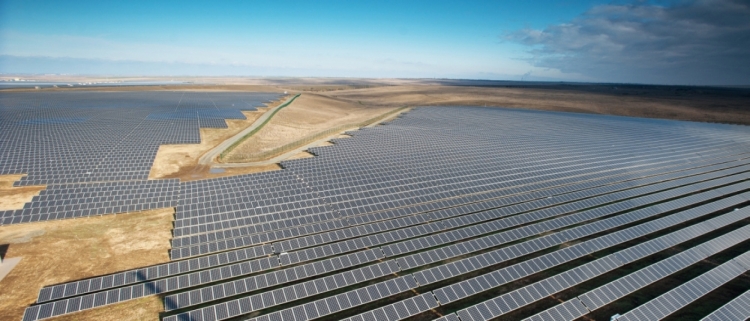
Read how Gensol provided Engineering Consultancy Services for a 1 MWp solar PV project at Oman Read More
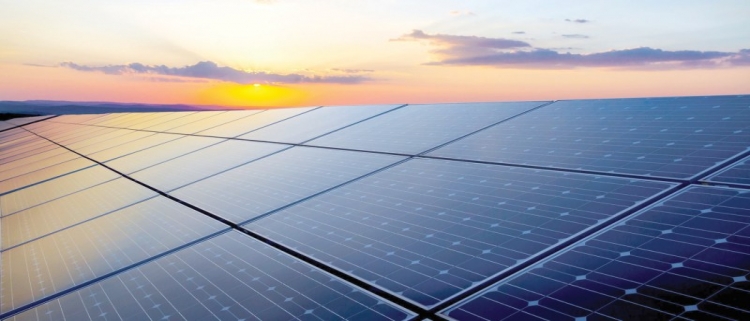
Read about Gensol's work at Yemen for Estidama Energy Read More
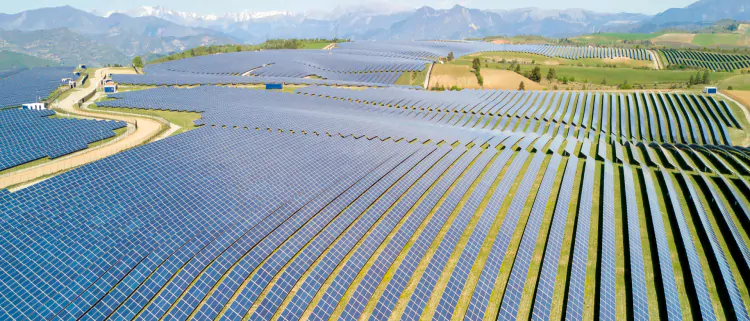
Gensol helped Greenko Group bring India’s largest solar project to life. Read More
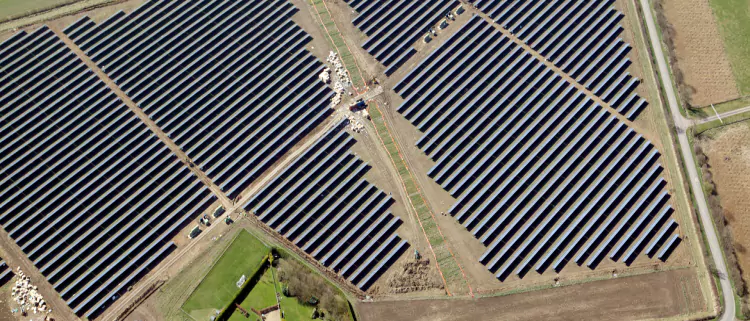
Nation Builder - Adani - appoints Gensol to manage construction for its Solar Projects Read More

